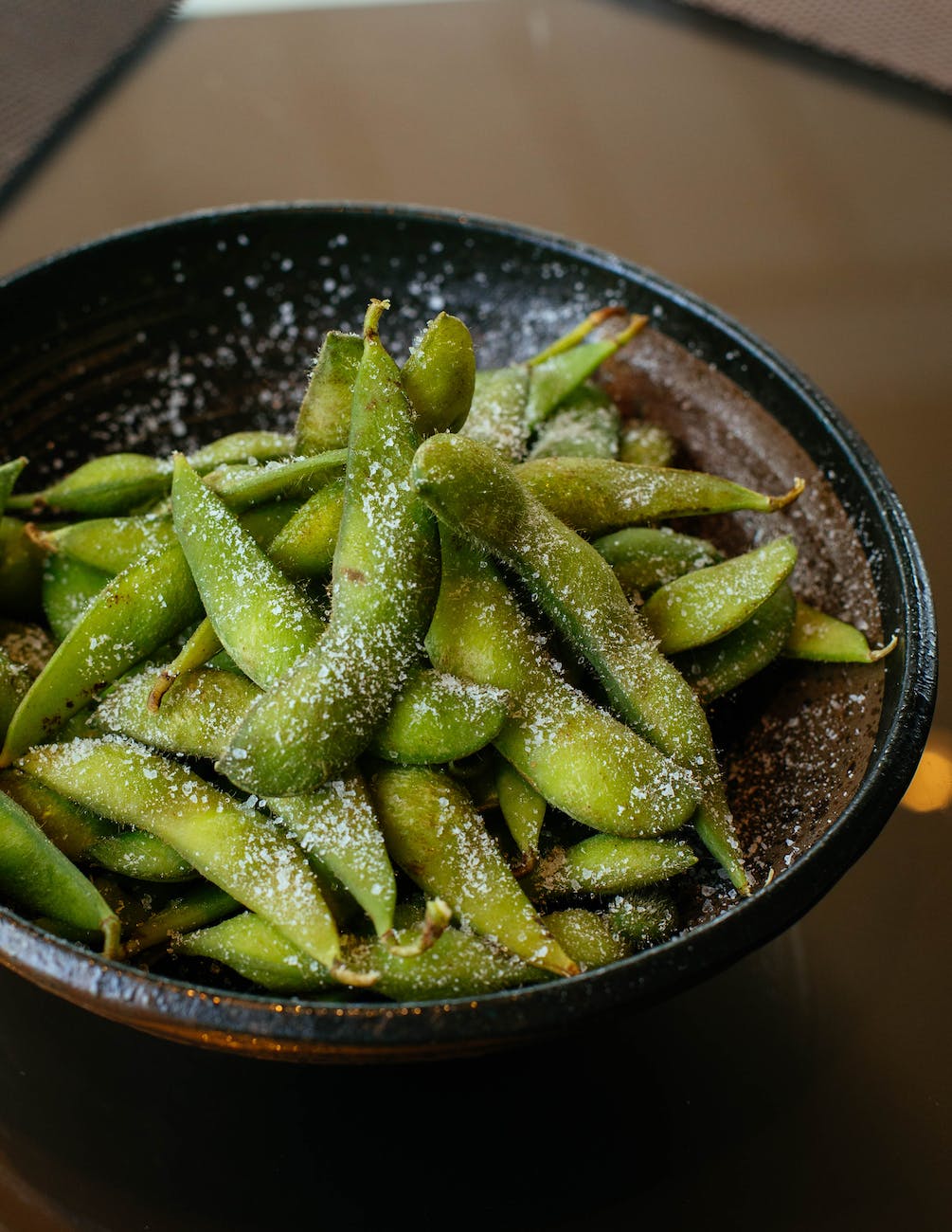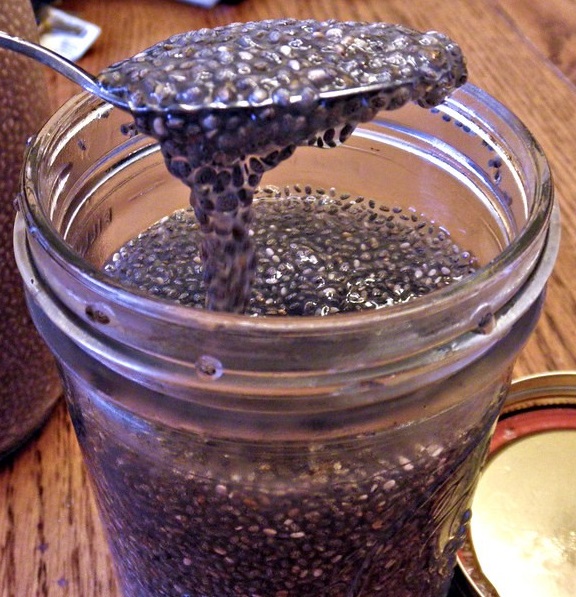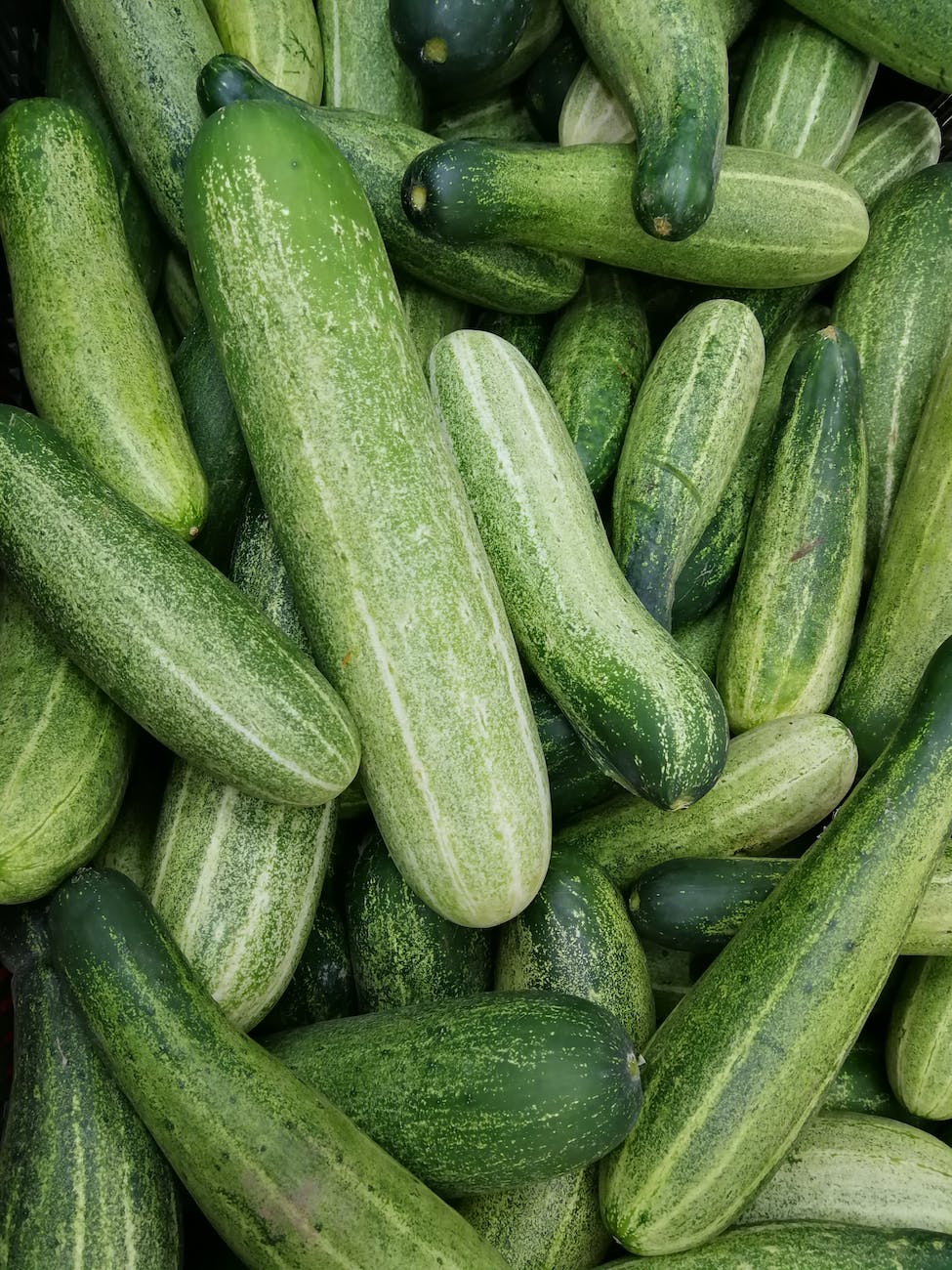
The ketogenic diet, with its emphasis on high fats and minimal carbohydrates, has become a dietary sensation. As keto enthusiasts continuously seek diverse foods to enrich their meals, edamame has emerged as a subject of intrigue. These tender green soybeans, often relished in salads or as snacks, have sparked discussions about their compatibility with the ketogenic lifestyle. This guide delves deep into the world of edamame, exploring its place within the ketogenic framework.
Benefits and Nutrition of Edamame
Edamame, while delicious, is more than just a tasty treat. Its nutritional profile is both rich and varied:
- Carbohydrates: Edamame contains carbohydrates, but what sets it apart is the significant amount of dietary fiber it offers. This fiber reduces the net carb content, making it more keto-friendly than one might initially think.
- Fiber: The fiber in edamame not only aids in digestion but also ensures that blood sugar levels remain stable, preventing those dreaded spikes.
- Protein: Edamame stands out as a potent source of plant-based protein, a boon especially for vegetarians and vegans navigating the keto landscape.
- Vitamins and Minerals: This green gem is packed with Vitamin K, folate, magnesium, and iron, among other essential nutrients.
Where Does Edamame Fit In Keto Diet?
The ketogenic diet’s essence lies in achieving and maintaining ketosis. Given this goal, understanding edamame’s role is crucial:
- Net Carbs and Keto: After accounting for fiber, edamame’s net carb content becomes more palatable for keto enthusiasts. This means that with careful portion control, edamame can be a delightful addition to keto meals.
- Keto Culinary Adventures with Edamame: From edamame hummus to keto-friendly edamame salads, there’s a plethora of ways to introduce this legume into your ketogenic menu.
Benefits of Edamame in a Keto Diet
- Diverse Culinary Experiences: Edamame offers a refreshing break from the monotony of repetitive keto meals. Its versatility ensures that your keto journey remains flavorful.
- A Protein Powerhouse: Especially for those who abstain from meat, edamame becomes a critical protein source in a keto regimen.
- Micronutrient Boost: A keto diet can sometimes fall short in providing certain vitamins and minerals. Edamame fills this gap, ensuring a balanced nutrient intake.
- Blood Sugar Regulation: With its low glycemic index, edamame is a boon for those monitoring their blood sugar levels, making it a safe choice even for diabetics considering keto.
Edamame and Low-Carb Diets
Given its carb content, is edamame suitable for low-carb diets? The answer lies in understanding net carbs. When you subtract the fiber content from the total carbs, edamame’s net carb content is relatively low, making it a viable option for those watching their carb intake.
Is Edamame Keto-Friendly?
The ketogenic diet focuses on high fat, moderate protein, and very low carb intake. While edamame does have carbs, its net carb content, given its high fiber, can fit into a keto diet when consumed in moderation. Plus, there are various edamame-based keto recipes that can be incorporated into the diet.
Edamame’s Glycemic Index
The glycemic index (GI) measures how quickly foods raise blood sugar levels. Foods with a low GI are considered better for blood sugar control. Edamame has a relatively low GI, which means it releases its sugars slowly into the bloodstream, preventing rapid spikes.
Navigating Potential Pitfalls
While edamame is a treasure trove of nutrition, there are considerations to keep in mind:
- Portion Control: It’s easy to overindulge, but with edamame, it’s crucial to monitor portions to stay within keto carb limits.
- Sourcing Matters: Always opt for organic, non-GMO variants of edamame. This ensures you’re consuming a product free from harmful pesticides and genetic modifications.
Frequently Asked Questions
- What makes edamame a topic of interest for keto enthusiasts?
- Edamame, being a rich source of plant-based protein and fiber, offers a unique combination of nutrients that can fit into the keto diet when consumed mindfully. Its versatility in recipes also makes it an attractive option for those looking to diversify their keto meals.
- How does the carbohydrate content in edamame align with keto guidelines?
- While edamame does contain carbohydrates, a significant portion is dietary fiber, which is subtracted to calculate net carbs. This makes its net carb content moderate, allowing it to be included in the keto diet in controlled amounts.
- Can edamame be a protein substitute for meat on a keto diet?
- Absolutely! For vegetarians or those looking to reduce meat intake, edamame serves as an excellent protein alternative on keto. However, it’s essential to balance it with other protein sources to meet daily requirements.
- Are there any creative ways to include edamame in keto-friendly recipes?
- Beyond the traditional steamed or boiled preparations, edamame can be transformed into dips, added to keto stir-fries, or even incorporated into low-carb casseroles. Its neutral taste makes it adaptable to various cuisines and flavors.
- Is there any concern about the glycemic index of edamame?
- Edamame boasts a low glycemic index, meaning it releases sugars into the bloodstream gradually. This prevents rapid spikes in blood sugar, making it a safer choice for those monitoring their glucose levels.
- How does edamame’s nutritional profile compare to other legumes?
- Edamame stands out due to its higher protein and fiber content compared to many other legumes. Additionally, its micronutrient richness, including vitamins like folate and minerals like magnesium, sets it apart.
- What should I be cautious about when incorporating edamame into my keto diet?
- Portion control is crucial. While edamame offers many benefits, overconsumption can lead to exceeding your daily carb limit on keto. It’s also advisable to opt for organic, non-GMO variants to ensure the highest quality.
- I’ve heard about edamame being beneficial for blood sugar regulation. How does that work?
- The dietary fiber in edamame slows the release of sugars, ensuring a steady energy supply without causing abrupt blood sugar spikes. This makes it beneficial not just for those on keto, but also for individuals with diabetes or insulin sensitivity.
- Are there any other keto-friendly legumes similar to edamame?
- While most legumes are higher in net carbs, some, like green beans and snap peas, can be consumed in moderation on keto. However, edamame remains one of the more keto-compatible options among legumes.
- How can I ensure the best quality when purchasing edamame for my keto diet?
- Look for labels indicating “organic” and “non-GMO” when buying edamame. This ensures you’re getting a product free from potential pesticides and genetic modifications.
Conclusion
Edamame, with its myriad of nutritional benefits, can indeed find a harmonious place within the ketogenic diet. Its adaptability in recipes and rich nutrient profile make it a commendable choice. However, as with all foods on keto, mindfulness is key. Monitoring portions and being aware of its effects on your body will ensure a successful keto journey with edamame by your side.
Tags: edamame, ketogenic diet, keto-friendly legumes, net carbs, edamame nutrition, keto recipes, plant-based keto, blood sugar regulation.













